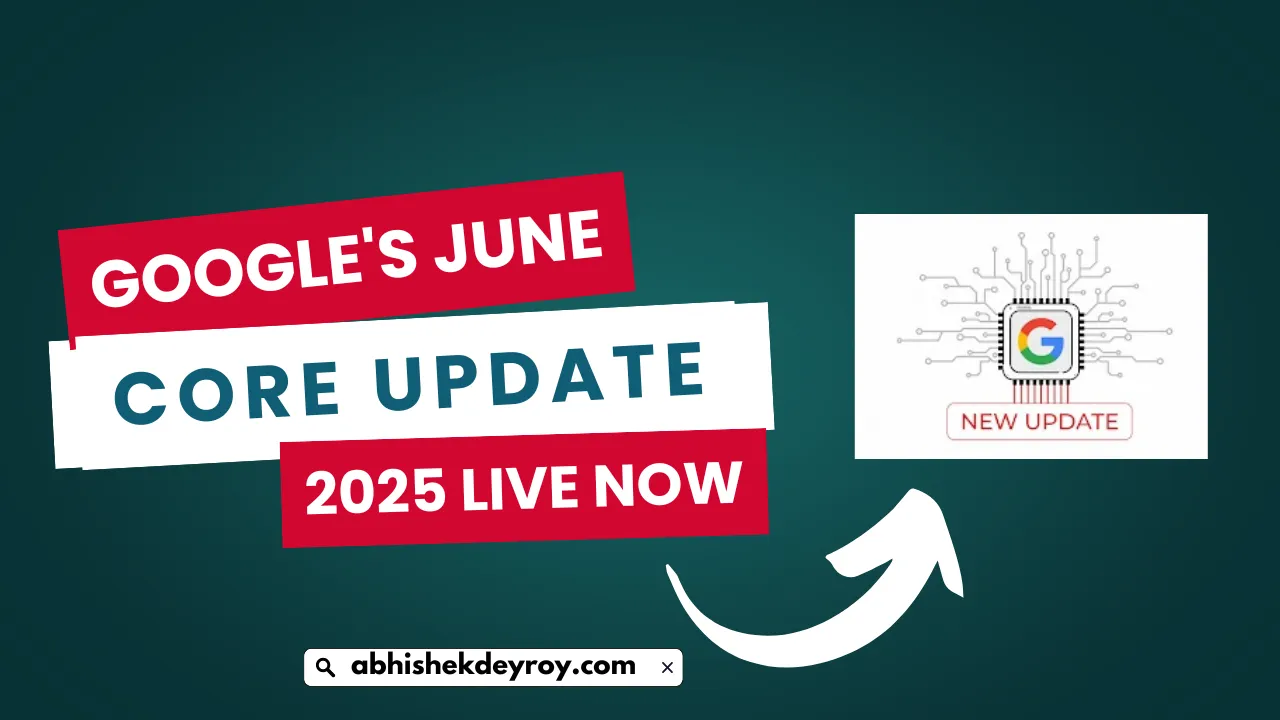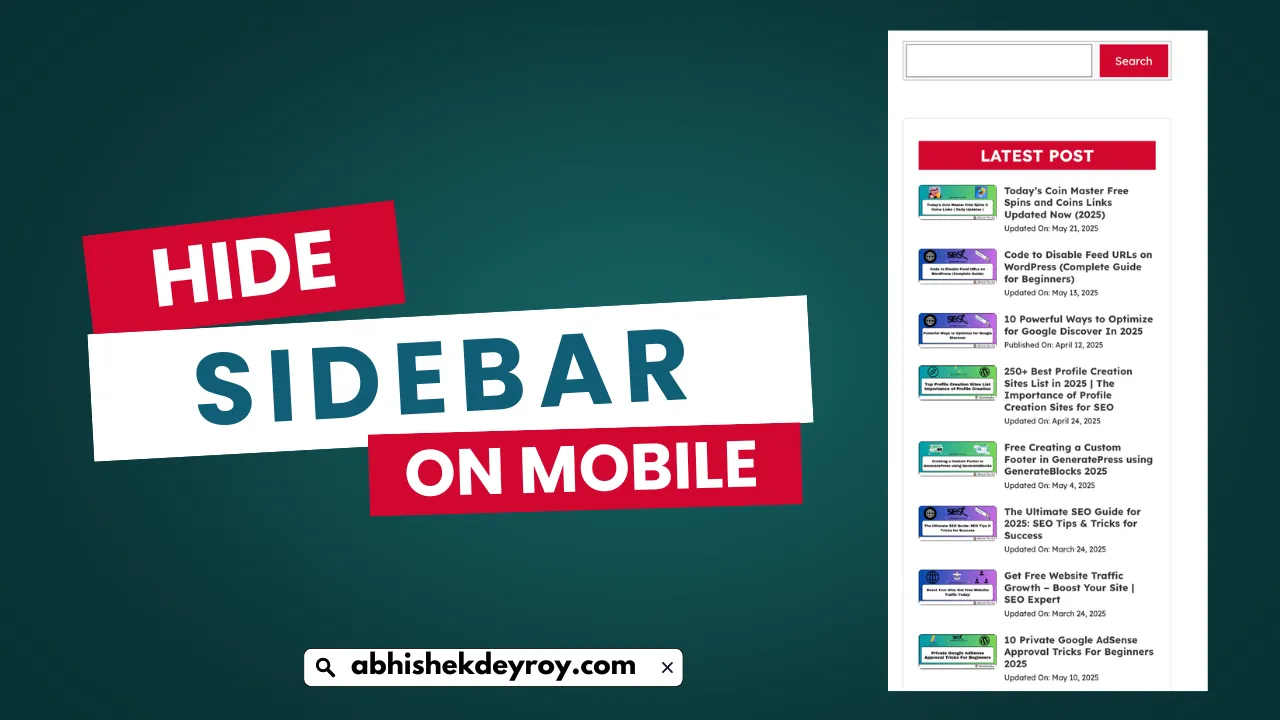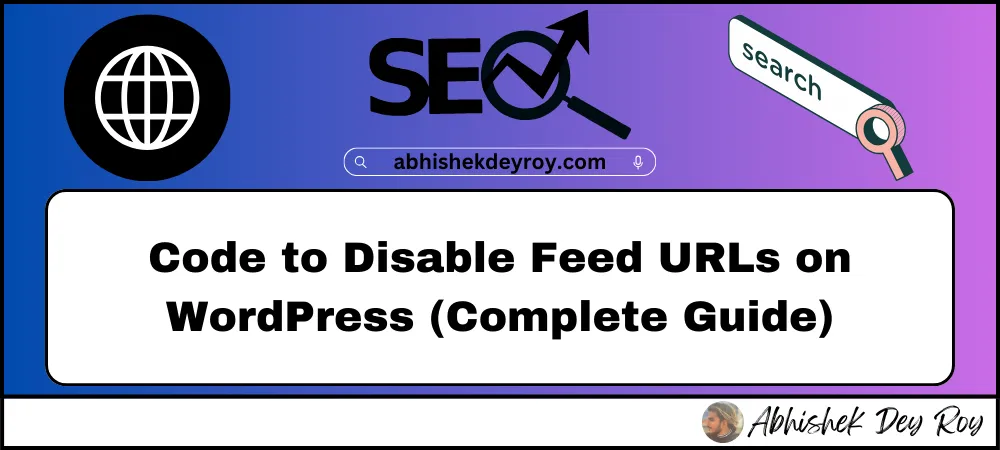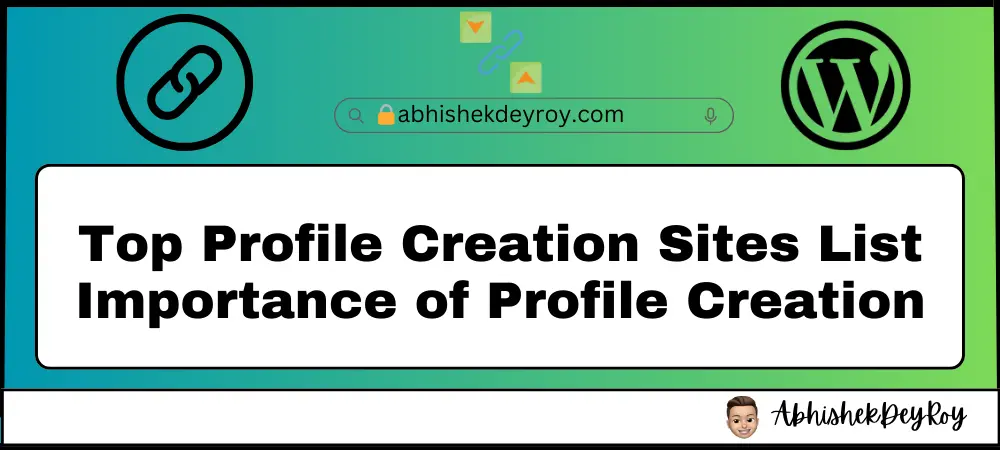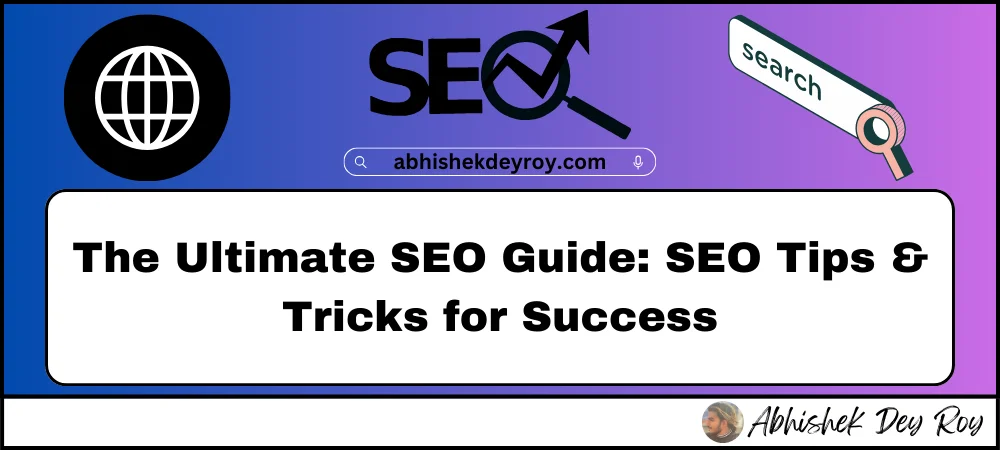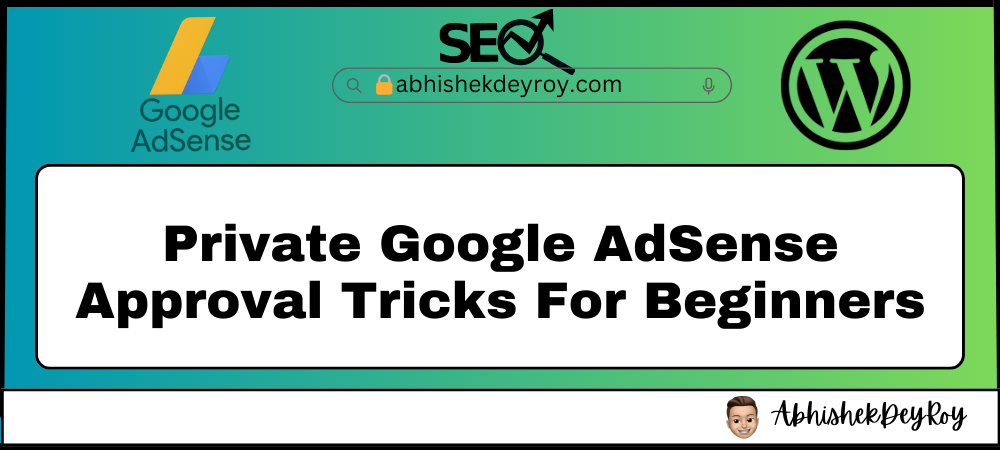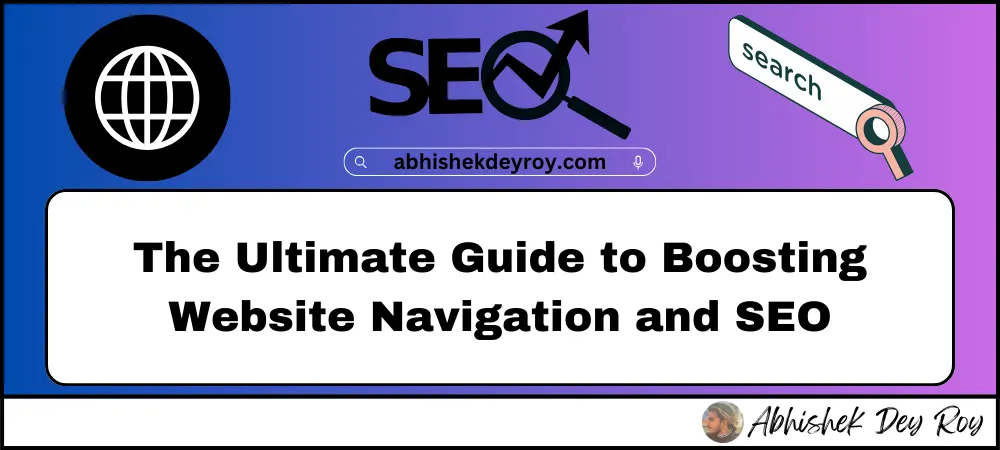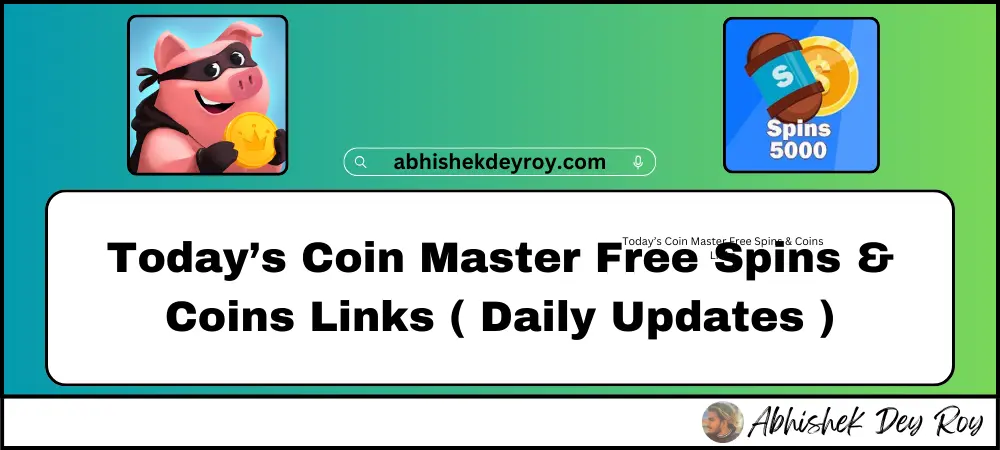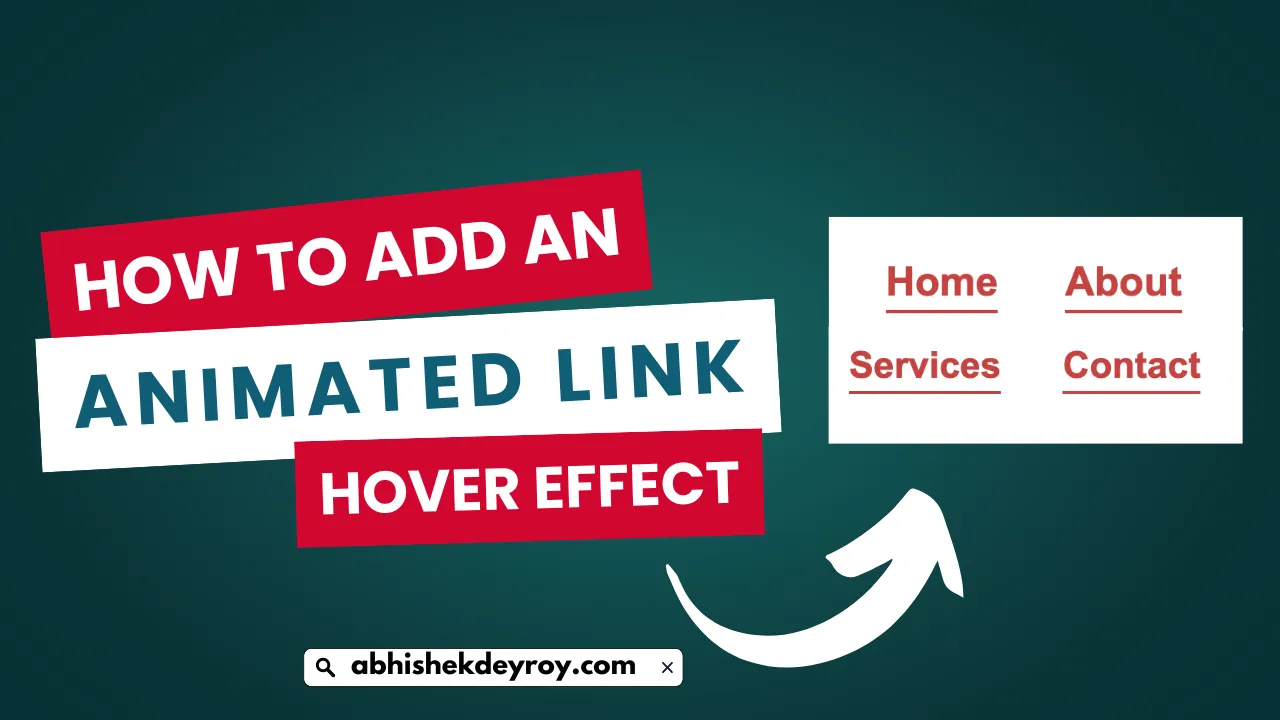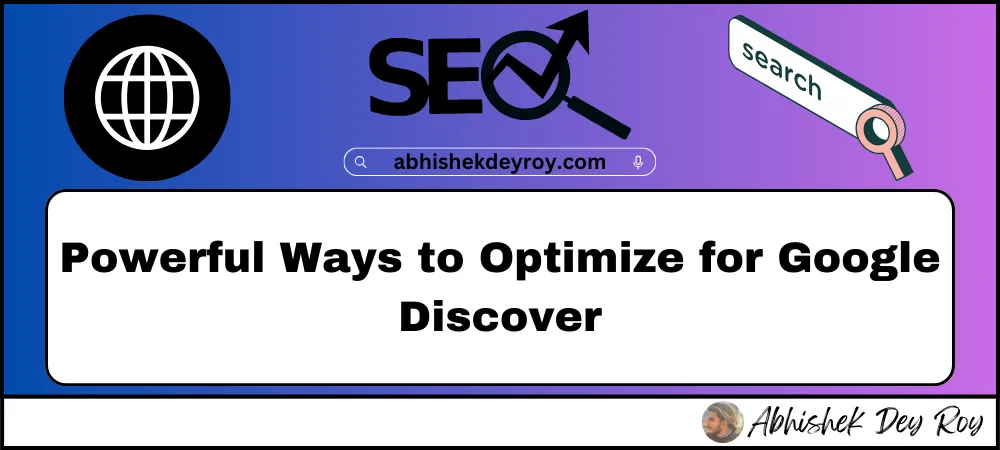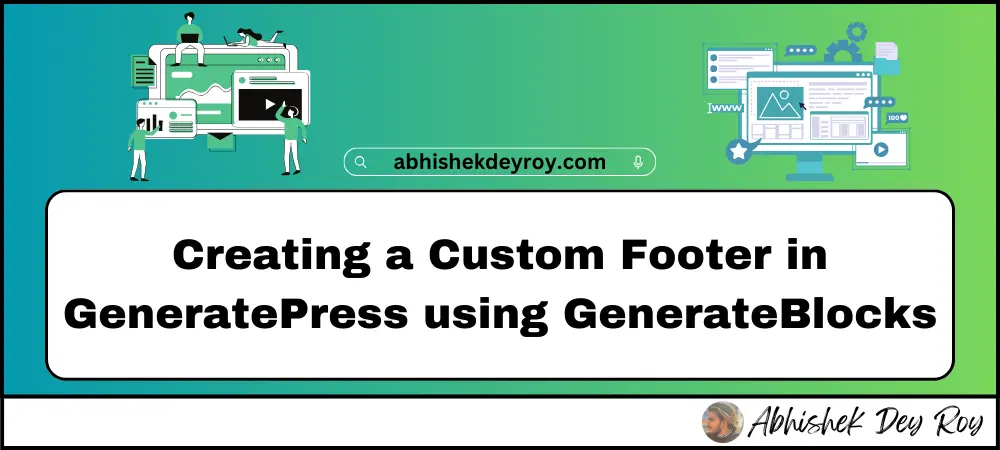By Abhishek | Helping you survive (and win) every Google update
Hey everyone,
It’s official: Google’s June 2025 Core Update has rolled out, and as with previous updates, it’s bringing shifts in search rankings. Having closely monitored a range of client sites, my own niche blogs, and the pulse of the SEO community, I want to share my initial insights on what’s driving these changes.
Understanding the Shifts: What Google is Prioritizing (E-E-A-T in Action)

This update reinforces Google’s ongoing commitment to rewarding high-quality, user-centric content. The emphasis on E-E-A-T (Experience, Expertise, Authoritativeness, and Trustworthiness) is more apparent than ever.
Here’s a breakdown of the key patterns emerging:
Helpful Content Signals Are Stronger:
This isn’t just about avoiding penalties for “unhelpful” content; it’s about actively rewarding content that genuinely serves its audience. Pages written by humans, for humans, providing real value, are seeing gains. Conversely, thin roundup posts, generic AI-generated content, or content clearly spun for search engines without offering genuine insight, appear to be heavily impacted. My observations across various client projects confirm that authentic, well-researched content that addresses user needs directly is now a major differentiator.
Topical Authority Matters More Than Ever:
Sites that demonstrate deep, consistent knowledge within a specific niche are seeing positive movement. This goes beyond just having a few good articles; it’s about establishing your site as a go-to resource for a particular subject. General blogs trying to cover a vast array of topics with superficial depth are experiencing mixed results, indicating that broad strokes are less effective than focused expertise. My own niche blogs, where I’ve consistently delved deep into specific areas, are showing resilience and even growth during this update.
Over-Optimized Content Dropping:
Google is getting increasingly sophisticated at identifying manipulative SEO tactics. Keyword stuffing, forced FAQs, and unnatural internal linking patterns are now actively triggering ranking drops. This highlights a critical lesson: “SEO for the sake of SEO” is counterproductive. The focus should always be on natural, valuable content that inherently aligns with search engine best practices.
E-E-A-T Signals Are Front and Center:
This is perhaps the most significant reinforcement of Google’s long-term direction. We’re seeing better results for sites that clearly demonstrate:
Experience:
Content that reflects firsthand knowledge (e.g., reviews with personal photos, walkthroughs of a product or service you’ve actually used).
Expertise:
Content created by individuals with demonstrable knowledge in their field, backed by credentials or extensive practical understanding.
Authoritativeness:
Sites that are recognized as reliable sources by others in their industry, often through strong backlinks and a positive reputation.
Trustworthiness:
Transparency in author bios, clear site ownership, readily available contact information, and robust privacy policies. This is especially crucial for YMYL (Your Money or Your Life) niches, where accurate and reliable information can directly impact a user’s well-being.
Who’s Feeling the Impact?
Based on the early data and community chatter, here’s who seems to be most affected negatively:
- Mass-produced AI blogs lacking clear branding or genuine E-E-A-T signals.
- Sites with excessive programmatic pages that generate content based on location + keyword combinations without substantial unique value.
- Blogs attempting to cover too many topics without sufficient depth or unique insights.
- Affiliate-heavy sites that offer no added value beyond linking to products on platforms like Amazon.
What’s Thriving Right Now?
Conversely, these are the strategies and content types that appear to be rewarded:
- Content showcasing first-hand experience: Real reviews with photos, detailed walkthroughs, and genuine accounts of product or service use.
- Content with a clear niche focus and helpful, natural internal linking that guides users through related, high-quality information.
- Original data or real insights: Even small, unique observations or research can make a big difference in demonstrating expertise.
- Robust About pages, author bios, and policy pages that build trust and transparency.
- Sites actively updating existing content with fresh, valuable information, rather than solely focusing on new publications. This shows a commitment to maintaining accuracy and relevance.
My Immediate Advice (for now)
As an SEO professional with years of experience navigating Google updates, my primary recommendation is to remain calm but proactive. Core updates take time to fully settle, so avoid drastic, knee-jerk reactions.
Here’s my actionable advice:
Audit Your Content:
Start with your most important pages. Ask yourself: Are they genuinely helpful? Are they up-to-date? Are they written for humans first, offering real solutions or insights, rather than just targeting keywords?
Update Old Content:
Don’t neglect your existing assets. Refreshing old content with new value, examples, or updated information can significantly boost its performance. Google often rewards content freshness when it adds genuine utility.
Don’t Panic:
Monitor your Search Console and analytics closely for the next 1–2 weeks before making any major structural or content strategy changes. This will allow you to discern true trends from initial volatility.
Double Down on Branding and Experience:
Even if you’re a solopreneur, make it clear who is behind the site. Share your expertise, your journey, and what makes you uniquely qualified to speak on your chosen topics. Build that “Experience” and “Trustworthiness” through transparency.
This is just my early analysis based on what I’m seeing across the board. I’ll be sharing a more in-depth breakdown for my Tier 2 and up community, complete with real-world examples, data from test sites, and specific strategies I’m implementing for recovery and growth.
If you’re experiencing traffic drops (or even gains!), please feel free to share your observations in the comments below. Let’s learn from this update together.
Abhishek Dey Roy is a seasoned SEO consultant dedicated to helping businesses and content creators thrive in the ever-evolving search landscape. With a hands-on approach and a keen eye for algorithm shifts, he provides practical, data-driven strategies to improve online visibility and performance.

